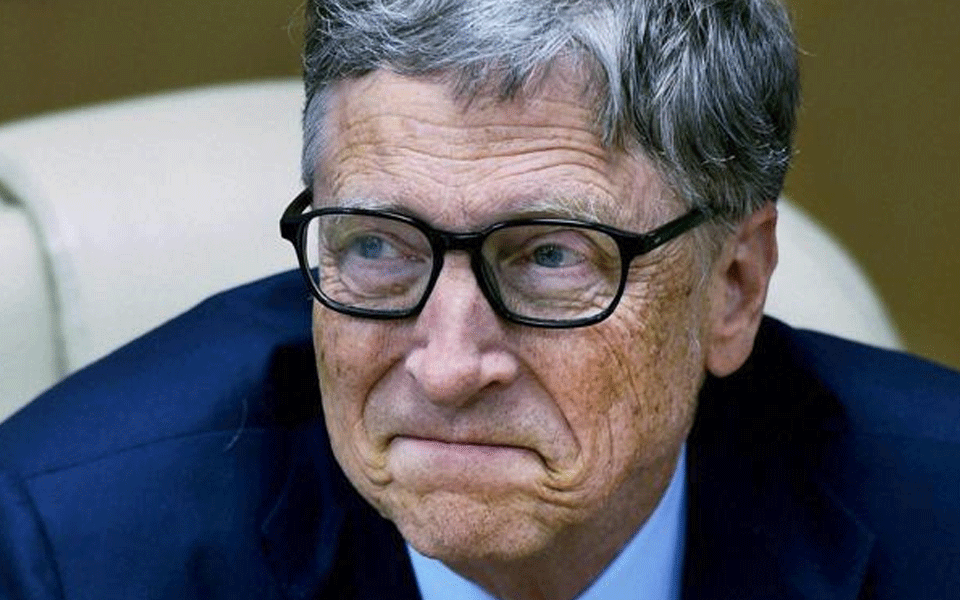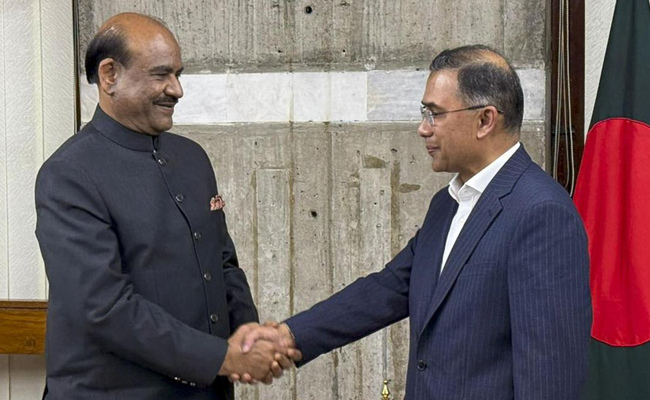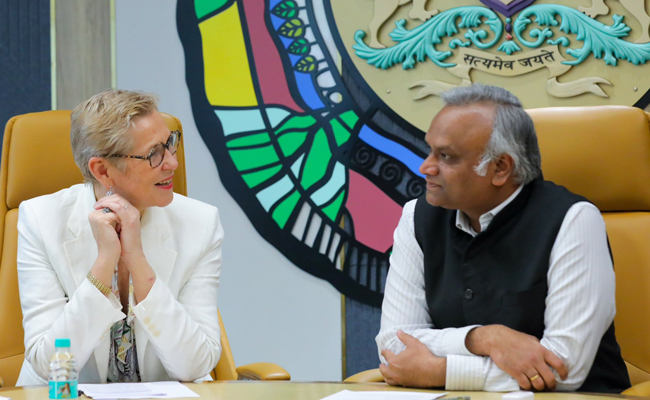San Francisco: Microsoft on Friday announced that co-founder Bill Gates has left its board of directors to devote more time to philanthropy. The 64-year-old stopped being involved in day-to-day operations at the firm more than a decade ago, turning his attention to the foundation named after him and his wife, Melinda.
Gates served as chairman of Microsoft's board of directors until early in 2014 and has now stepped away entirely, according to the Redmond-based technology giant.
"It's been a tremendous honor and privilege to have worked with and learned from Bill over the years," Microsoft chief executive and company veteran Satya Nadella said in a release.
"Bill founded our company with a belief in the democratizing force of software and a passion to solve society's most pressing challenges; and Microsoft and the world are better for it."
Nadella added that Microsoft will continue to benefit from Gates' "technical passion and advice" in his continuing role as a technical advisor.
"I am grateful for Bill's friendship and look forward to continuing to work alongside him," Nadella said.
Regularly listed among the world's richest people, Gates was a geeky-looking young man when he and Paul Allen co-founded Microsoft in 1975.
Gates left his CEO position in 2000, handing the company reins to Steve Ballmer to devote more time to his charitable foundation.
He gave up the role of chairman at the same time Nadella became Microsoft's third CEO in 2014.
Let the Truth be known. If you read VB and like VB, please be a VB Supporter and Help us deliver the Truth to one and all.
New Delhi (PTI): Lok Sabha Speaker Om Birla on Tuesday attended the swearing-in ceremony of new Bangladesh Prime Minister Tarique Rahman in Dhaka, and said India stands ready to support Bangladesh's endeavours to build a democratic, progressive and inclusive nation.
Separately, the speaker called on the new Bangladesh prime minister and conveyed the wishes of Prime Minister Narendra Modi.
He also handed over an invitation from Prime Minister Modi to Rahman to visit India, officials said here.
“Glad to attend the swearing-in ceremony of the new government of Bangladesh led by Prime Minister Tarique Rahman in Dhaka today. India stands ready to support Bangladesh’s endeavours to build a democratic, progressive and inclusive nation,” Birla posted on X.
Bangladesh High Commissioner to India, Riaz Hamidullah, said in a post on X, “Prime Minister Tarique Rahman conveys his greetings to India and PM Narendra Modi to the visiting India Lok Sabha Speaker Om Birla at a courtesy meet following the swearing-in of the new government.
“Speaker Birla conveyed wishes and an invitation to India. Both leaders expressed optimism to work together for the well-being of the people of Bangladesh and India, pursuing a people-centric menu of cooperation.”
Birla also met Maldives President Mohamed Muizzu, Bhutan Prime Minister Tshering Tobgay and other leaders on the sidelines of the event.
Led by Rahman, the Bangladesh Nationalist Party (BNP) swept to power with a two-thirds majority with 49.97 per cent votes and 209 seats in the polls held on February 12, results for which were declared on February 13.
The Jamaat-e-Islami, which was opposed to Bangladesh's independence from Pakistan in 1971, registered its best-ever performance with 31.76 per cent votes and 68 seats.
The National Citizen Party (NCP) secured the third-highest number of seats, six, and 3.05 per cent votes.
Bangladesh had invited Narendra Modi to the ceremony, but the prime minister could not attend the event as he was scheduled to hold talks with French President Emmanuel Macron in Mumbai on Tuesday.
On reaching Dhaka, Birla said the swearing-in of Rahman was an important moment that would strengthen people-to-people relations and shared democratic values between the two neighbours.
“Honoured to be in Dhaka representing India at the swearing-in ceremony of the new government led by Tarique Rahman as the prime minister. It's an important moment that will strengthen people-to-people ties and shared democratic values between our two nations,” Birla said.
Birla was accompanied by Foreign Secretary Vikram Misri and other officials.





